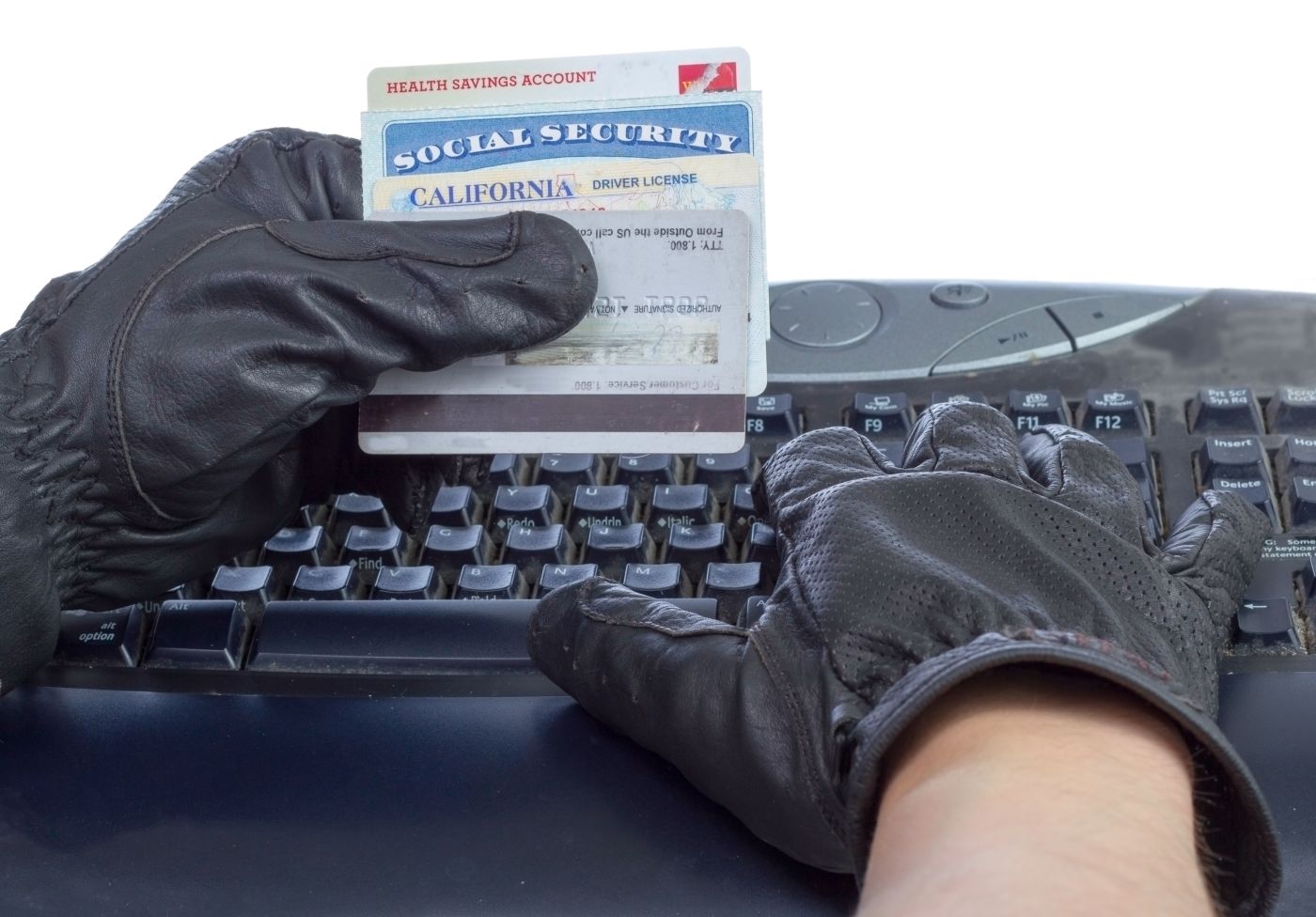
The Supreme Court has indicated its skepticism of police tracking cellphones without a warrant.
In the digital age, what people do with their cellphones has important implications for their privacy rights. The U.S. Supreme Court is in the process of hearing an important case that could determine whether police need a search warrant to access a cellphone’s geolocational data. The case, Carpenter v. United States, involves a man who was arrested for robbery partly on the basis of data from his cellphone provider that showed where his cellphone was in relation to the robbery locations. While the country’s top court has yet to rule on the case, most of the justices have so far expressed skepticism that police can access such data without a warrant.
Accessing Third-Party Data
There is a well-established precedent called the Third-Party Doctrine that says that in many, but not all, cases people do not have an expectation of privacy for information that they voluntarily provide to a third party. The classic example of this is when a phone directory publishes a list of phone numbers. That list doesn’t violate privacy laws since people have volunteered their phone numbers to a third party.
However, there are limits to the Third-Party Doctrine. For example, medical records that are volunteered to a medical office are still covered by privacy laws. Furthermore, in the digital age when so much information, such as the websites people visit, the apps they use, and where their cellphones are located, is stored by third parties in the digital cloud, saying that people have no expectation that that information is private under the Third-Party Doctrine becomes extremely contentious.
Getting a Search Warrant
The Third-Party Doctrine is at issue in Carpenter v. United States. In the case, police used geolocational data that was stored by Carpenter’s cellphone provider in order to determine where he was in relation to a string of robberies. Police did not obtain a search warrant for the data, arguing that they did not need one since the data was voluntarily surrendered by him to his cellphone company.
Most of the Supreme Court justices seem skeptical of that argument, albeit for different reasons. Justices Elena Kagan and Sonia Sotomayor, for example, warned that allowing police to access such geolocational data could result in warrantless 24/7 surveillance by the state, something that most Americans would likely be opposed to. On the other end of the ideological spectrum, Chief Justice John Roberts suggested that the data held by the cell service company was still nonetheless the private property of the cellphone user who helped create it while justice Neil Gorsuch seemed to suggest that the police violated the Fourth Amendment in the case on trespass grounds.
Help with A Criminal Case
While it seems likely that the Supreme Court will uphold Fourth Amendment protections and rein in police powers somewhat, the case may not be decided until June 2018. It should, however, serve as a reminder to anybody who has been charged with a criminal offense of the importance of ensuring that their constitutional rights are upheld. A criminal defense attorney can assist clients who are facing serious charges, including by helping them understand what their legal options are and how they may be able to fight for the charges to be dropped or lowered.



